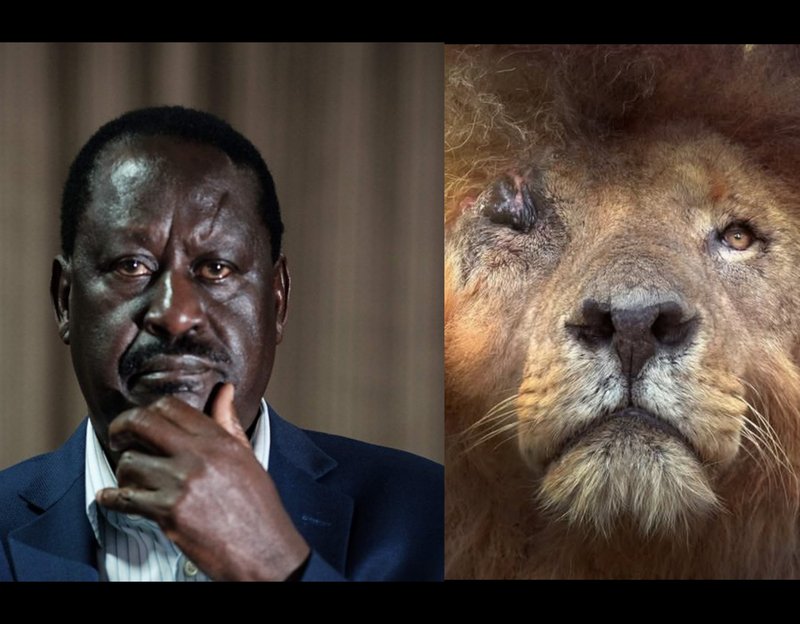A Rolling Billboard for Dictatorship?
Kenya’s matatu culture has always been a canvas for creativity, social commentary, and resistance against injustice. That’s why the sight of a Nairobi matatu plastered with images of Tanzanian President Samia Suluhu Hassan, complete with campaign slogans, is more than just questionable.
This particular matatu is linked to influencer Cassypool, a figure who is no stranger to political cheerleading. His public admiration for President Samia raises eyebrows not only because of her record, but also because of his history of backing William Ruto, Kenya’s own president whose governance style has drawn accusations of authoritarianism, corruption, and violent crackdowns on dissent.
By aligning himself so openly with both leaders, Cassypool positions himself not as a champion of the people, but as a willing amplifier of regimes that many view as repressive.

Samia Suluhu’s Human Rights Record
President Samia’s tenure has been marred by allegations of:
- Abductions of critics and activists, including Kenyan activists Mwabili and Boniface Mwangi
- Silencing of journalists and opposition voices
- Consolidation of political power at the expense of civil liberties
These are not traits to be celebrated on one of Kenya’s most visible cultural symbols.

Matatu Culture is About the People, Not the Powerful
Matatus are supposed to speak for the streets, not for State House. They are meant to uplift communities, honor heroes of justice, and challenge the status quo.
Cassypool’s choice to turn a matatu into a rolling shrine for Samia Suluhu feels like a betrayal of that tradition. It’s political bootlicking disguised as “art”, and it sends the message that money and influence can override cultural integrity.
Ruto and Samia, Two Sides of the Same Coin
Critics argue that William Ruto and Samia Suluhu share troubling similarities:
- Disregard for human rights
- Suppression of protests and public dissent
- Targeting of activists and whistleblowers
By publicly aligning with both, Cassypool is effectively endorsing an anti-people governance style in both Kenya and Tanzania.
Conclusion
Cassypool’s Samia Suluhu matatu isn’t just bad taste, it’s a cultural misstep that undermines the values matatu art is supposed to represent. Kenya’s matatus should remain bold voices for the oppressed, not flashy PR tools for leaders accused of silencing them.


